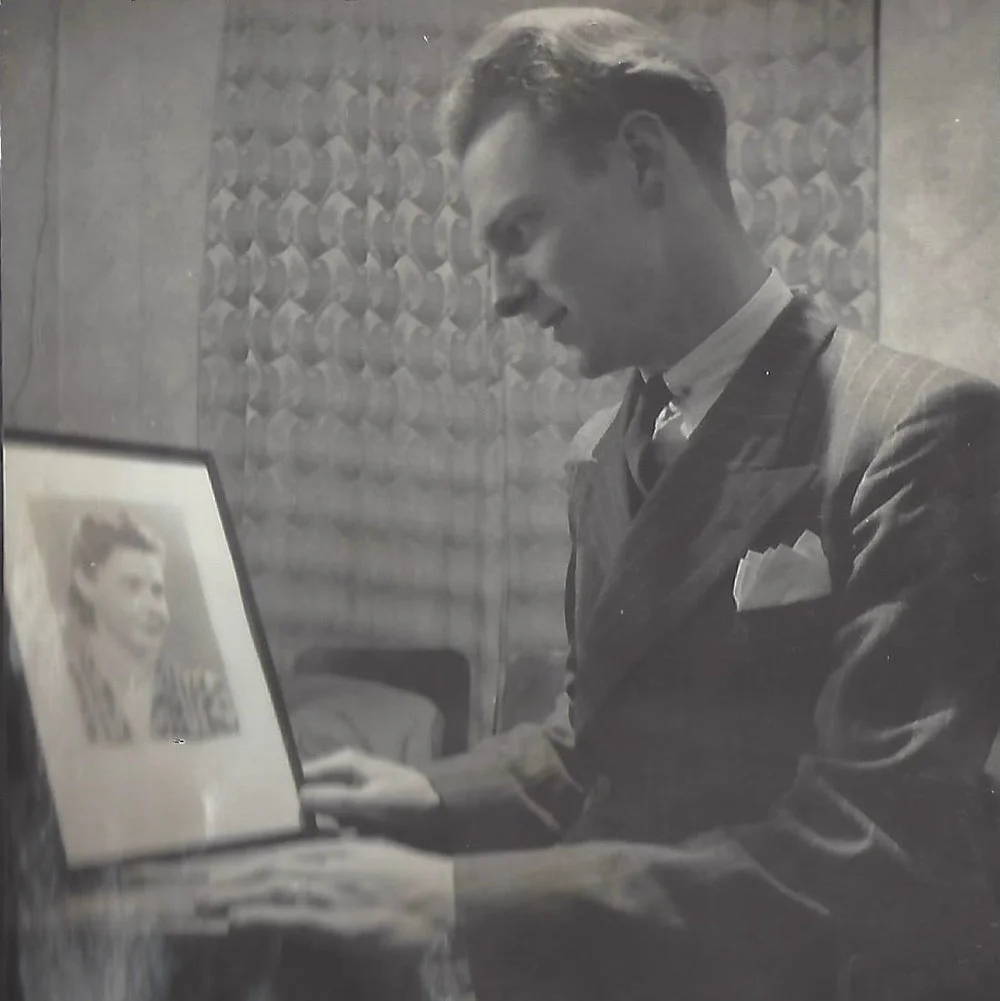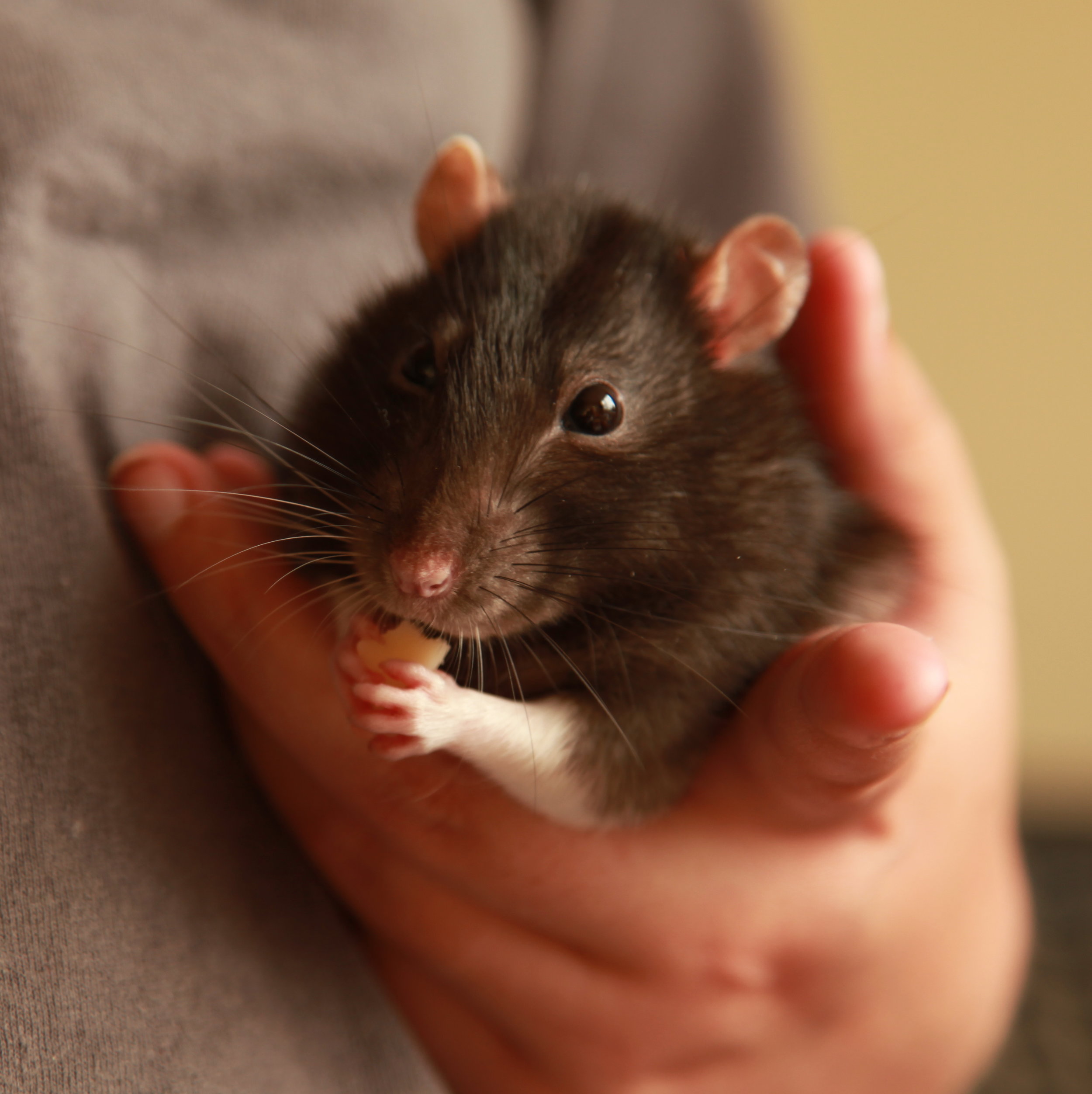An Evening with Gloria Steinem at #AWF16
Elizabeth's guide to surviving literary festivals
STEP ONE
Literary festival programme is released. Get very excited. Go through programme highlighting events I want to attend. Realise is nearly entire programme. Try and shortlist.
STEP TWO
Realise some shortlisted events clash. Gnash teeth. Attempt to perform impossible calculus of scheduling: desire to see famous people, desire to support book industry colleagues, desire to learn something new, desire to follow a friend’s recommendation, desire to hear an author speak who lives in a country I’ve never been to, desire to lie at the feet of an author whose work I love.
The Kiwi-Aussie literary divide
The place of books on Radio NZ National
As part of The Read’s ongoing investigation into the place and value of book reviewing in Aotearoa (where this article originally appeared, on 23 April 2015), I wanted to explore the ways in which Radio New Zealand National contributes to and supports our book culture. As with print review media, discussion of books on radio can take the form of a feature, an author interview, or a review. To this list, radio adds a more performative element – books read aloud. I spoke to producers and presenters at Radio NZ, as well as booksellers around the country.
Bletchley Park, Gran, and Mac
Bletchley Park – and the stories of the women who worked there during World War Two – is of keen personal interest to me. My Gran, Irene, was one of those women. She took the Official Secrets Act very seriously, and never told me much about it. So I jumped at the chance to read Tessa Dunlop’s book The Bletchley Girls and learn more.
Characters from the past, Elizabeth Heritage
The Margaret Mahy Lecture, by Elizabeth Knox – WORD Festival, Sun 31 August
The Virgin and the Whale: A love story, by Carl Nixon
I get it: books don’t just happen. A novel is a collection of words actively written by a person, it is a writer’s deliberate construction of images and tales, places and emotions. Plot, world-building, style and characterisation are the results of thousands of decisions made by an author, decisions that are weighed up with an editor and often revised before being stilled in print.
I know this, but I don’t want to be reminded. I want the act of reading to take me to an exclusive truth the author has created; I want to be lulled and excited by thoughts that my brain hasn’t experienced before. I want to be able to fall into the book’s world without seeing the scaffolding – the discarded false starts, the second thoughts, the mutterings of the author’s voice. As a publisher, I understand that those things all happen; as a reader, I want them to be cleared away before I arrive; I want the world of the novel to be fresh and whole.





